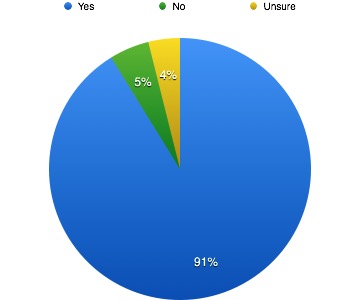MEMBERS of the transgender community have faced a ceaseless battle in a bid to gain acceptance and visibility for themselves and other minorities among society.
A poignant issue that faces the transgender community on a daily basis is the current and on-going discussion regarding gendered bathrooms in public places. Which gender toilet should a trans person use? Should bathrooms be gendered at all?
[pullquote align=”left”]
Transgender:
adjective
denoting or relating to a person whose self-identity does not conform unambiguously to conventional notions of male or female gender.[/pullquote]
Thankfully the UK have approached this question with a progressive nature, and met these bathroom challenges by allowing members of the transgender community to use the toilet which they feel to match their gender the closest.
However, the US contrasts significantly.
A ‘bathroom bill’ is enforced and people are obligated to use the bathroom that matches the sex that is shown on their birth certificate.
These transgender bathroom laws in the States have, unsurprisingly, provoked objections from across the globe. Social media users from inside and outside of the LGBT community took to Twitter to voice their strong opinions.
i have no patience for people who think that trans individuals don't have the right to use the bathroom that corresponds with their gender
— zoë ✨ (@brissys_mom) April 26, 2016
While shopping at target I heard this shameless and ignorant girl say "I'm all for transgender rights but they shouldn't use our bathroom"
— Felicia Scott (@Felicia_Scott) June 15, 2016
Also, why is no one else talking about the possibility of a Trans woman having to use the male bathroom…. And her being assaulted there???
— Rosie Page (@rosiekatt) April 26, 2016
With a thriving LGBT population, Manchester tops the ranks as one of the country’s biggest and ever-blooming spaces for members of this community. With their world-famous Gay Village, the city is a haven for trans-people and offers them sanctity and acceptance.
Jamie Burge, a student in Manchester, said: “People should have a right to use the bathroom that they feel closest matches the gender they identify with. I don’t even see the point in gendered bathrooms to be honest.”
Popular Gay Village venues such a Richmond Tea Rooms operate a non-gendered bathroom system and champion the comfort it provides transgender visitors.
“I think non-gendered toilets everywhere would be such a good idea,” waiter James Clavin told us.
“It’s the 21st century, who are we to decide who can and cannot use the bathroom that they feel the most comfortable in. Gender identities are not always as simple as man or woman, so we shouldn’t force people into these categories.”
In contrast to the vastly positive attitude to this lively discussion, the concept of allowing trans-people to use the bathroom of their choice does also pose certain risks.
Upholding the use of gendered bathrooms places a lot of responsibility on the individual when choosing the suitable restroom. The choice of which restroom to use could become distressing for a transgender person and categorising themselves can be the source of major frustration.
Interactions with other bathroom users could also generate potential discrimination and abuse. This snowballs the debate of whether or not public spaces should use gendered or gender neutral restrooms.
In a statement, Anonymous said on the issue: “This can often be difficult to discuss due to the sensitivity of the matter but I can understand the need for gendered and gender neutral bathrooms in regards to comforting bathroom users.
Although as a society we’d like to believe that a transgender person could use a restroom alongside other people with no interference, its just not always that simple.”
Do you feel that you were targeted due to your transgender status or appearance?
The majority of respondents said that they felt they were victims of hate crime due to their trans status. This questionnaire was conducted as part of GMP’s study of the trans community from 2013-2015.
Greater Manchester Police have produced a Transphobic Hate Crime Report that shows that 67 per cent of trans-people in the region have been victims of hate crime, with 70 per cent coming forward to say that they have been verbally abused.
Incidents related to transphobia and homophobia are said to be the most unreported crimes with victims often failing to come forward to the authorities.
In order to provide support and acceptance for members of the transgender community, Manchester has its own LGBT Foundation which offers a wide range of support groups, helplines and services to those in need across the region.
By Hollie Beard
@hiyahol_
The charity can be contacted by telephone, 03453303030 or email, info@lgbt.foundation.
















Recent Comments